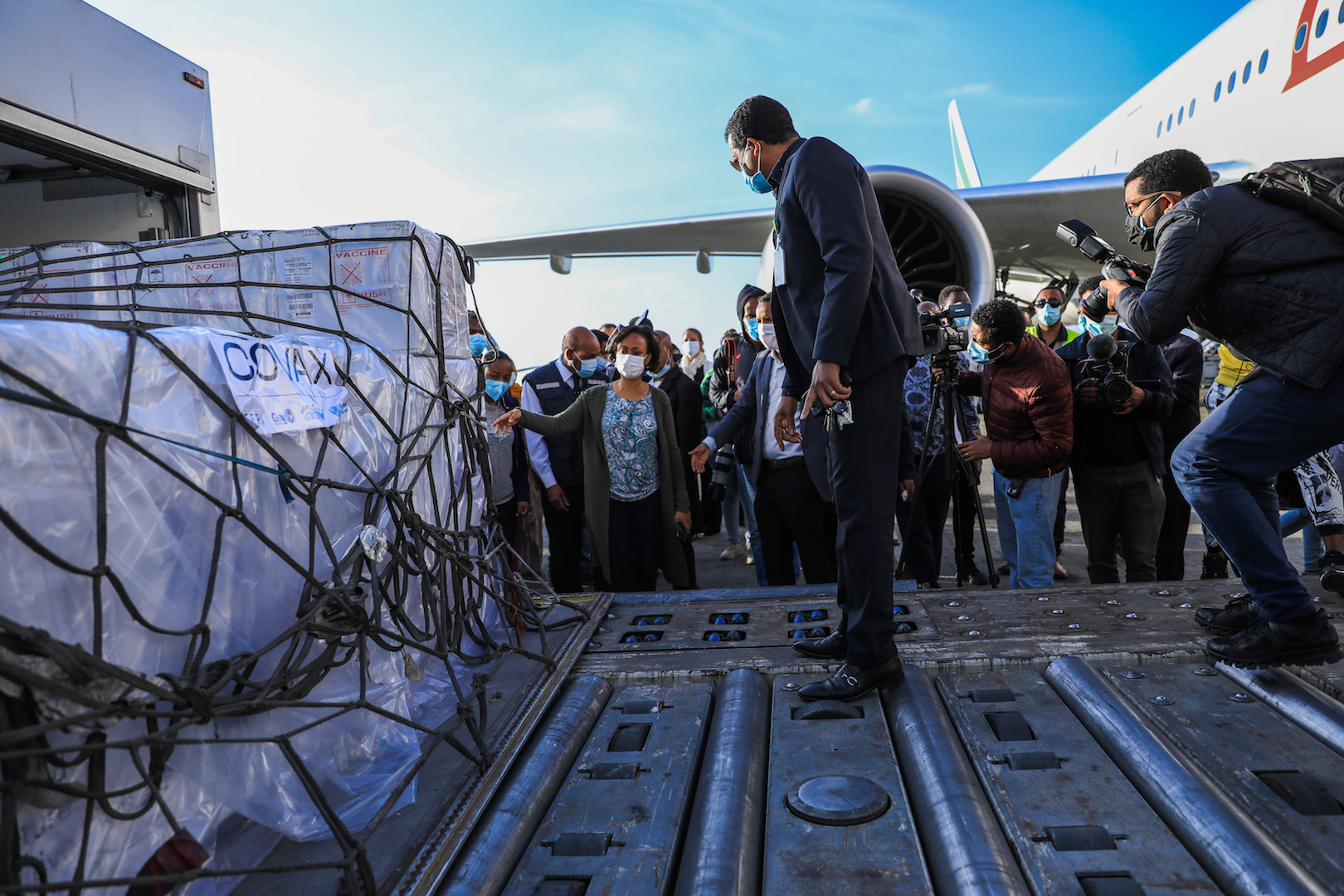Chiara Chiavaroli discusses the difficulties in reconciling participation with research practices “from a distance” in the post-pandemic era.
This is the third blog in the Blogmas 2021 series
“Now, they don’t even come up here anymore; they just give us a call”. During my first days of fieldwork in rural Colombia, in a meeting with the representative of a farmer’s organisation in the Bajo Cauca region, we chat about the COVID-19 pandemic. She tells me: “Before it was a –desfile the chalecos– a parade of waistcoats, now, not even that”. She talks about a pattern of institutional abandonment that has deep historical roots but has been strongly reinforced by the security practices implemented during the pandemic. This pattern resonates with some remote research practices and her comment speaks about the symbolic and practical importance of “being there” – being present in the struggles faced by communities – and how difficult it is to reconcile participation with research practices “from a distance” in the post-pandemic era.
Filling in the ethical clearance form to start fieldwork, I am posed with the question of why in-person research is required and essential for my PhD project. The question’s premise is that putting people’s lives at risk of contracting COVID-19 is not a good enough reason to conduct in person-research. However, the question of how ethical it is to conduct remote research in global health is an equally difficult one. Many alternatives to “being there” position the researcher outside the framework of local human relationships in a “somewhere else” that looks dangerously close to a model of extractive and exploitative data collection.
While the number of studies claiming to be participatory (and decolonial) are on the rise in global health research, the pandemic has drawn an even deeper line between researchers based in so called Global North institutions and, quite literally, the rest of the world. In this context, phone calls have been sometimes taken as a substitute for the complex human interaction represented by the experience of conducting interviews. More and more work is delegated to local research assistants while the main researcher, based ’somewhere else’, receives the data and analyses them. These tendencies add to the discipline’s high reliance on quantitative data, mainly prioritising big datasets over people’s stories and lived experiences. The assumption that phone calls are a good enough substitute for the ethnographic relationship and that the work of being there can be simply delegated poses an important question about the depth of engagement with qualitative data in many global health studies. Moreover, it raises ethical questions: can a relationship built via phone ever be human enough to give the researcher the necessary ethical ground to ask the sensitive questions that matter?
The answer to my phone calls is often a provocative and quite fair: “que vengas, y hablemos”/”come and then we’ll speak”
At this very initial point of my PhD project, “being there” looks like a slow and tiresome negotiation with local organisations, during which the relevance of my interests as a researcher requires to be validated in lengthy discussions with different social leaders and activists. This process of co-construction with grassroots organisations requires “being there”. In remote communities that, to access any public service and have any sort of engagement with the state, need to displace to the closest urban centre, the answer to my phone calls is often a provocative and quite fair: “que vengas, y hablemos”/”come and then we’ll speak”. In the context of post-conflict Colombia in territories that remain highly militarised because of the presence of armed groups, trust is a very fragile achievement and people need to meet each other also to simply make sure that you are who you say you are. Being there is important to realise how armed actors have a significant influence on what people can and cannot say and what may be an unethical question. These relationships, discussions and negotiations open a space for the planned sampling strategy, research instruments and research design to crash soundly against people’s reality and knowledge and become, hopefully, a bit more relevant to research participants.
Well-intended participatory processes of co-construction of knowledge are always imperfect, and “being there” is not enough to neutralise the asymmetries of power that derive from one’s identity as a European researcher, neither a guarantee that the process has been truly “participatory”. However, at least in contexts of severe institutional abandonment, where no institutions show up, it is an insufficient but still necessary condition and starting point to aspire to a “participatory”, non-extractive research model.
The views expressed in this post are those of the author and in no way reflect those of the Global Health Initiative blog or the London School of Economics and Political Science.



